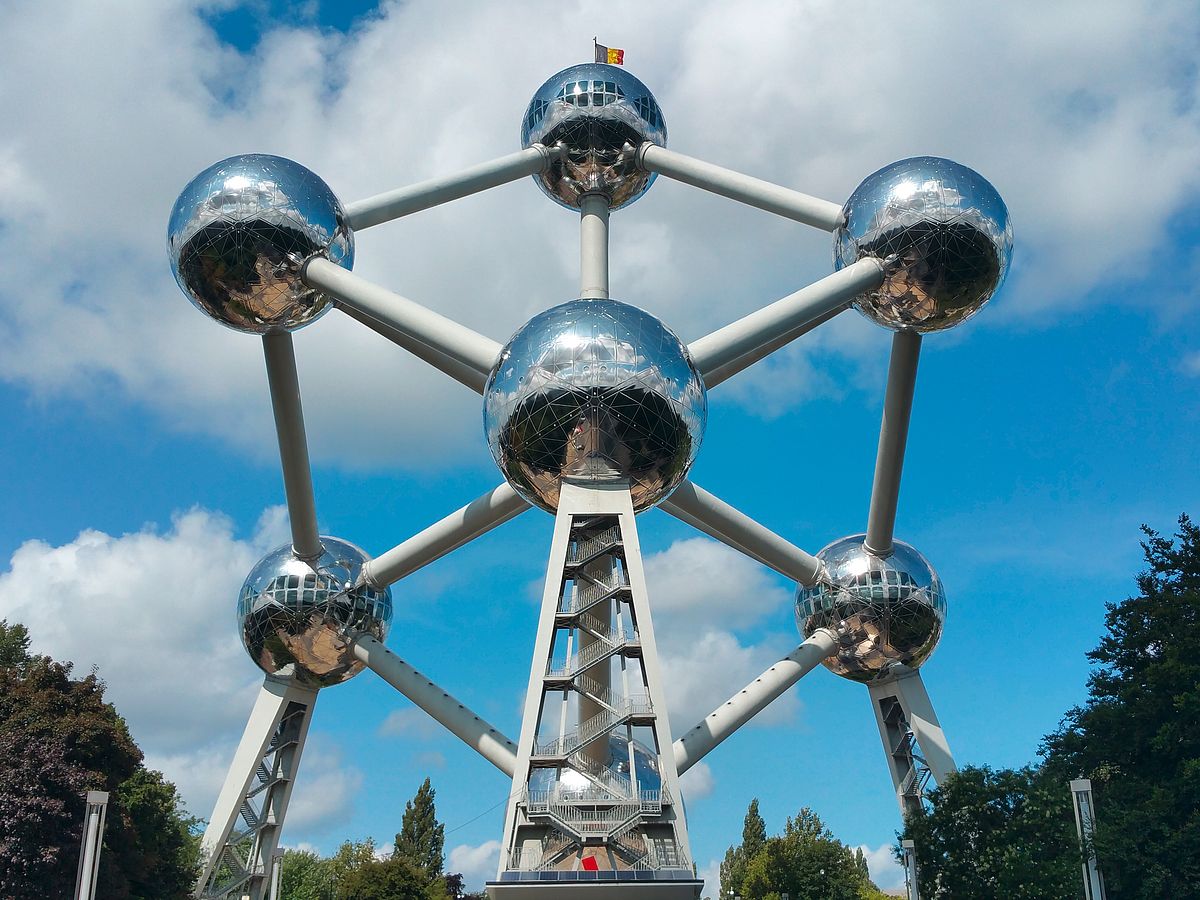Studytrip to Brussels
1 Semester | 3 CP | Physical | Language: English | Start: May 2025 | Application deadline: 15.01.2025 | Price: 450€

Decision making in the European Union
The course provides insider knowledge of how the European Union decides in general and with regard to a specific policy field. We will visit the main European institutions and other organizations, which can provide deeper insights into the chosen topic of the study trip (2025: enlargement process).

Overview
During a one-week study trip to Brussels, students gain valuable insights into the decision-making processes, routines and challenges of local organisations, institutions and companies. These operate at the intersection of politics, business, economics and morality, including EU institutions, country representations, associations and non-governmental organisations. The study trip takes place every two years and focusses on a general topic that enables a comprehensive view from different perspectives. Together with local experts, the students discuss and debate these topics in order to promote an in-depth understanding of the complex interconnections.
Course lecturer: Sandra Kohl, University of Bremen
Learning outcomes
Participants will develop a deeper understanding of the decision-making processes of the EU institutions in general and with regard to the specific topic. Overall, the program gives center-stage to the interaction of different actors in the complex multi-level European decision-making processes.
More information
| Level: | Bachelor and Master |
| Duration: | 1 Semester |
| Credit Points: | 3 |
| Start: | May 2025 |
| Application deadline: | 15.01.2025 |
| Price: | 450 Euro |
| Requirements: | Recommended language level: B2 In addition, it is recommended that students have a basic knowledge of the European institutions and the decision-making process of the EU as well as a general interest in the chosen topic of the study trip.
|
Organiser
- Academy of Continuing Education
- Master's Program "Professional Public Decision-Making" (EMMA) in co-operation with the departments 06, 08 and 09
